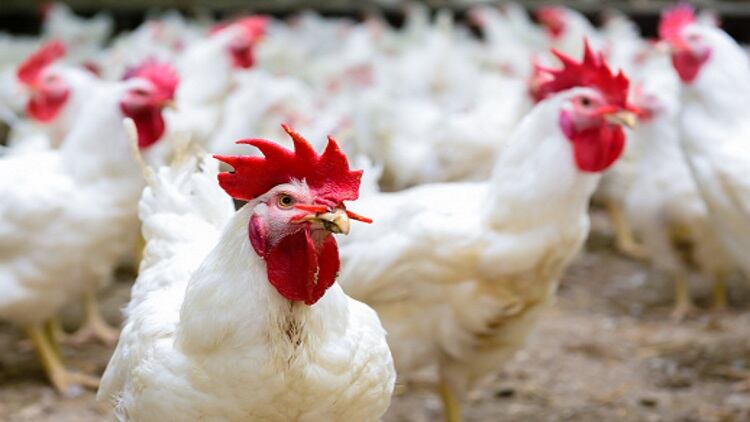The funding will help the Animal and Plant Health Inspection Service (APHIS) and the California Department of Food and Agriculture (CDFA) strengthen their joint efforts to stop the spread of the disease and prevent it from affecting additional commercial poultry flocks.
The disease outbreak has already been confirmed in more than 435 backyard flocks since May 2018 and in four commercial flocks in December 2018 and January 2019.
The USDA will work with CDFA to strengthen the response and prevent additional disease spread. These include ensuring any poultry, products and materials are not moved out of affected areas without a permit; enforcing the quarantines; and rapid euthanasia of likely-exposed birds.
“Virulent Newcastle disease is a serious concern for our nation’s poultry industry and we need to step up our response in order to keep this disease out of additional commercial flocks,” said Greg Ibach, USDA undersecretary for marketing and regulatory programs.
“At this point, the trade impacts of this outbreak are minimal, because APHIS has negotiated agreements with many countries to promote the principle of regionalisation, or limiting trade restrictions to areas affected by outbreaks rather than entire states or the entire country. However, if Newcastle disease were to spread into additional commercial flocks – in California or other states – the impacts could increase substantially.”
Karen Ross, secretary of the CDFA, said: “The strong partnership between USDA and CDFA, local government, industry and homeowners is the united stand we need. With everyone’s full effort we can eradicate this disease, just like we did in 2003.”
USDA said it was vital to put more responders on the ground to increase surveillance and detection in backyard flocks. It also said it needed to ensure the rapid depopulation of infected flocks, implement wider mandatory surveillance on commercial farms and help ensure they were enhancing biosecurity.


